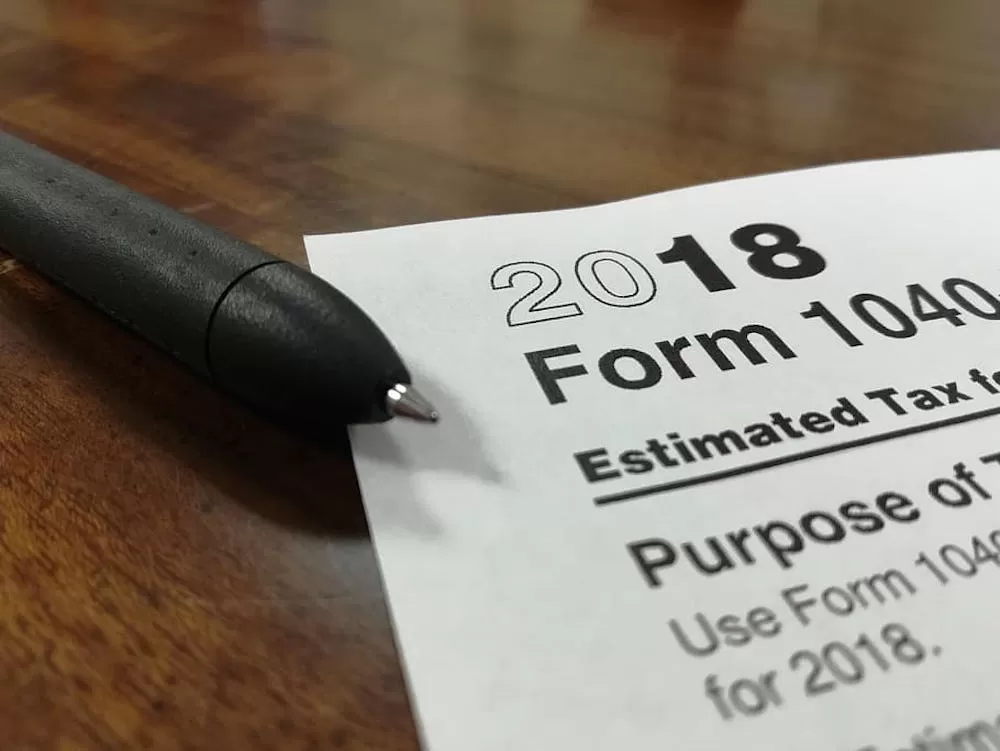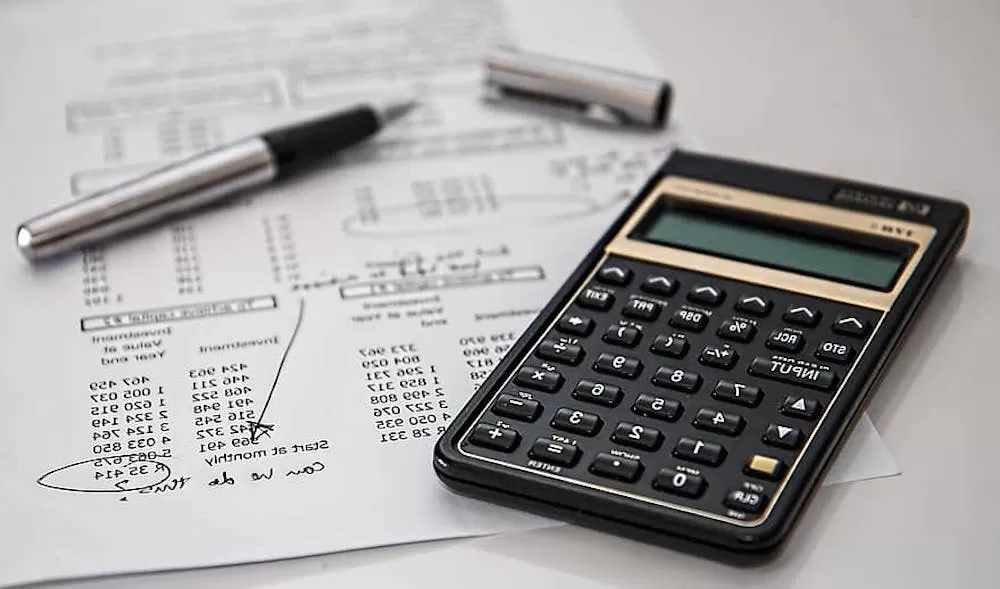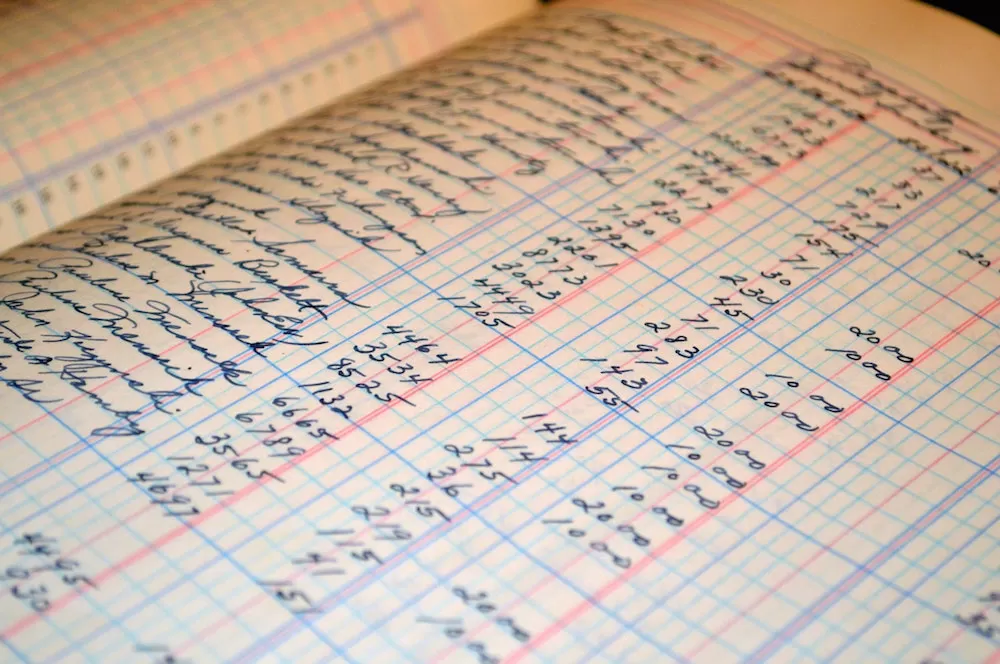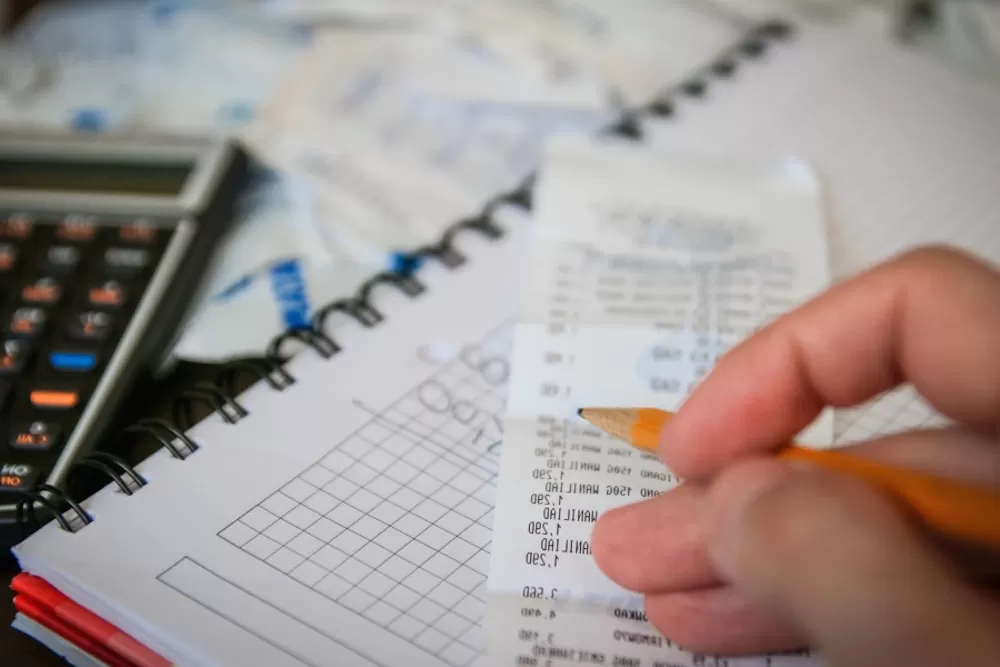
First thing's first, it's imperative that you know that once you become a legal resident of Canada, you'll be legally required to pay taxes here. Most especially your income taxes from the salaries you earn from Canadian companies or the profits from any business you started here. If you goa bout not [aying taxes thining you're not obliged to, you're bound to face a ton of legal consequences, resulting in extremely high penalty fees or even jail time. You wouldn't want that, would you? If not, know that becoming a resident here automatically makes you a taxpayer to the Candian government.
In terms of paying your income tax, there actually different types of sources of income that you have to pay for. There's, of course, employment income, which comes from the paycheck you earn from your Canadian employer. Like in most other countries, it's standard that employers already deduct your income tax contributions when they give you your paycheck. If you run your own business or service, you'll have to pay taxes on the self-employed income you earn as well. The same goes for any profit you make from your investments as well. And finally, even your pension income from the Canada Pension Plan is taxed as well.

In terms of property taxes, Canada does things a little differently here. They actually have two types of property taxes that taxpayers have to pay for. First, there's the annual property. Paid after every tax year, its rates depend on both the municipal rate and the education rate, as well as the overall value of your property altogether. You pay this every year because it helps fund your municipal government in improving the state of your place. The second is the land transfer tax, which you have to pay when you buy or inherit new property from someone else. Fortunately, it's just a one-big purchase
First introduced in 1971, Canada's capital gains tax has helped the country operate smoothly. And while there are many exceptions, the government is still able to earn a lot from this tax to help improve the state of the country. In a nutshell, any profit you earn from any asset or investment you have is taxed for capital gains. It sort of acts like the income tax but on a bigger scale. More often than not, corporations are the most expected to contribute to this tax. The wealthy come after with their many big assets and huge investments in the country.

While in other countries, there's the Value-Added Tax (VAT), in Canada, it's called the Goods & Services Tax (GST). It actually has two different versions, which is unique to Canada in general, The first is the standard GST, leveled at a flat rate of 5%. With every good or service you pay for, you're actually paying more because of this tax. You might know it yet because the tax isn't openly imposed on the price tag, but when you get to the cash register, know that you'll be paying more than what the tag indicated because of the GST.
The Harmonized Sales Tax (HST), on the other hand, is th second type of consumption tax that only applies in a few specific provinces. More than just the standard GST, there's also the Provincial Sales Tax (PST) added to make the HST. This means those provinces who have imposed the HST are actually paying more for goods and services than in other parts of the country. The five provinces that have the HST are Ontario, Nova Scotia, New Brunswick, Newfoundland & Labrador, and Prince Edward Island. Both New Brunswick and Newfoundland & Labrador have a rate of 15% for this tax while the remaining three provinces only have 13%.

It's better that you familiarize yourself with Canada's taxes and the country's system, most especially if you ever plan on moving here. If you do, you'll have an easier time staying here and contributing your fair share for the good of the country.
And once you've taken full control of your taxes, you just might find that you have a lot more than you initially knew. If that's the case, you can finally invest in a luxurious Canadian home!